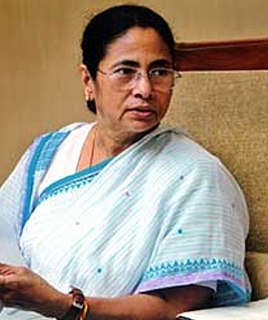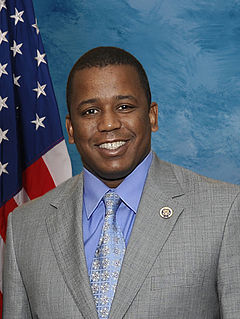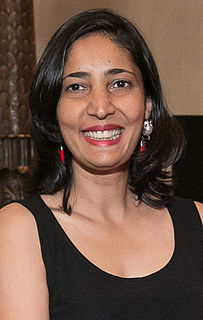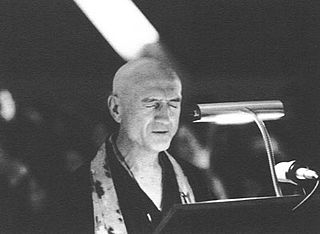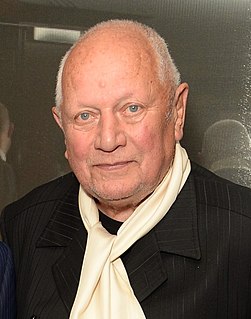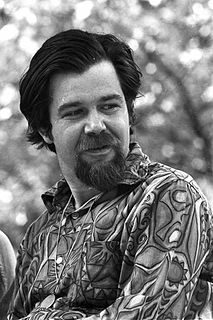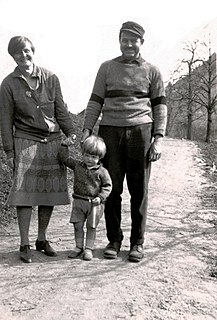A Quote by Mamata Banerjee
After my father died, we faced hardship but never asked anybody for help. We were self-sufficient.
Quote Topics
Related Quotes
My father died right after the movie Rain Man was released. He got to see it, then literally the day before he died, he asked Mama to take him to see it one more time - because he knew he was declining. Tom's assistant at the time told him my father died, and he wrote me a very personal note. I haven't seen him since, but you can't say anything bad about Tom Cruise to me, because anybody who takes the time to do that is very special.
The most miserable man in the world of those meant for Paradise will be dipped once in Paradise. Then he will be asked, "Son of Adam, did you ever face any misery? Did you ever experience any hardship?" So he will say, "No, by God, O Lord! I never faced any misery, and I never experienced any hardship."
The myth of the self-sufficient individual and of the self-sufficient, protected, and protective familytells us that those who need help are ultimately inadequate. And it tells us that for a family to need help--or at least to admit it publicly--is to confess failure. Similarly, to give help, however generously, is to acknowledge the inadequacy of the recipients and indirectly to condemn them, to stigmatize them, and even to weaken what impulse they have toward self-sufficiency.
When he died, I went about like a ragged crow telling strangers, "My father died, my father died." My indiscretion embarrassed me, but I could not help it. Without my father on his Delhi rooftop, why was I here? Without him there, why should I go back? Without that ache between us, what was I made of?
I think about my education sometimes. I went to the University of Chicago for awhile after the Second World War. I was a student in the Department of Anthropology. At that time they were teaching that there was absolutely no difference between anybody. They may be teaching that still. Another thing they taught was that no one was ridiculous or bad or disgusting. Shortly before my father died, he said to me, ‘You know – you never wrote a story with a villain in it.’ I told him that was one of the things I learned in college after the war.
